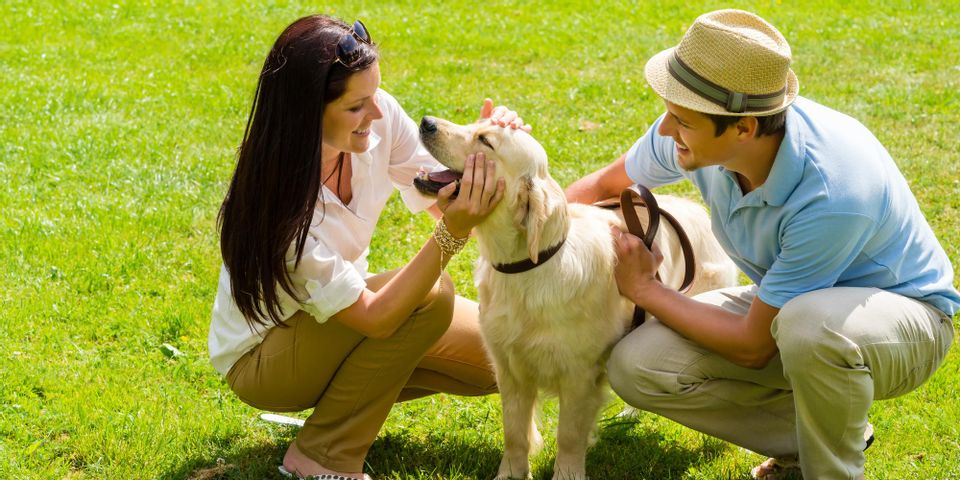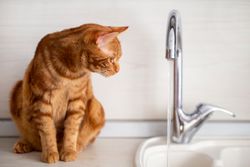
The COVID-19 pandemic has many pet owners worried that their dog or cat could be at risk, but, according to information that’s available today, most veterinarians agree the risk for pets is minimal. The following guide explains what information has been gathered thus far and how you can take precautions to keep your pet as safe as possible.
Can Coronavirus Affect Pets?
One dog tested a ”weak positive” for COVID-19 in Hong Kong and has been quarantined since the end of February. However, the dog never exhibited symptoms, and so far, this is the only case of the novel coronavirus spreading to canines. Looking at the data that’s available today, it seems unlikely that dogs are susceptible to COVID-19.
However, other types of coronaviruses, including SARS, have been shown to spread between species. Of the 400 diseases that have emerged since 1940, over 60% of them have been zoonotic—meaning they can transfer between species. Some researchers hypothesize that cats might be more vulnerable to COVID-19 than dogs, along with pigs and ferrets.
There’s still a lot we don’t yet understand about the virus and its effects on people and animals. To find the latest updates, follow the information on the American Society for the Prevention of Cruelty to Animals (ASPCA), World Health Organization (WHO), and Centers for Disease Control and Prevention (CDC) websites, which are updated in real time as new information comes to light.
How Can You Keep Your Pet Safe?
 Though the WHO currently says COVID-19 isn’t a significant threat to pets, err on the side of caution. Wash your hands thoroughly before you touch your pets. If you need to go outside, wash your hands for at least 20 seconds using soap and water as soon as you come through the door. If you need to take your dog out for a walk, use hand sanitizer after touching any communal surfaces like doorknobs, doors, or elevator buttons.
Though the WHO currently says COVID-19 isn’t a significant threat to pets, err on the side of caution. Wash your hands thoroughly before you touch your pets. If you need to go outside, wash your hands for at least 20 seconds using soap and water as soon as you come through the door. If you need to take your dog out for a walk, use hand sanitizer after touching any communal surfaces like doorknobs, doors, or elevator buttons.
Maintain at least a 6-foot distance between yourself and anyone outside your household, and most veterinarians agree you shouldn’t let your dog greet passersby on the sidewalk at this time. Social isolation is not just for individuals but also for the animals around them.
To prepare for the pandemic, keep a stash of your pet’s food, treats, waste cleanup supplies, and medications to last at least 30 days. If you’re quarantined, you’ll rely on these reserves to keep your pet healthy and well-fed.
Pets pick up on emotional cues when their owners are anxious or upset. Social isolation can take an emotional toll on pets in addition to people, even if they don’t express it. Limiting how much time you spend outside weighs on animals who love walks and socializing. During social isolation, manage your pet’s anxiety with extra affection and playtime. The same measures can also help boost your own morale.
If you need help keeping your pet healthy and comfortable in the coming weeks, turn to the experienced and compassionate veterinarians at Florence Veterinary Hospital in Boone County, KY. They offer a broad range of services, including ultrasounds, digital X-rays, bloodwork, skin and allergy treatments, dentistry, endocrine treatment, surgery, and more. To learn more about the practice, visit their website. To make an appointment with a veterinarian, call (859) 371-6501.
About the Business
Have a question? Ask the experts!
Send your question

